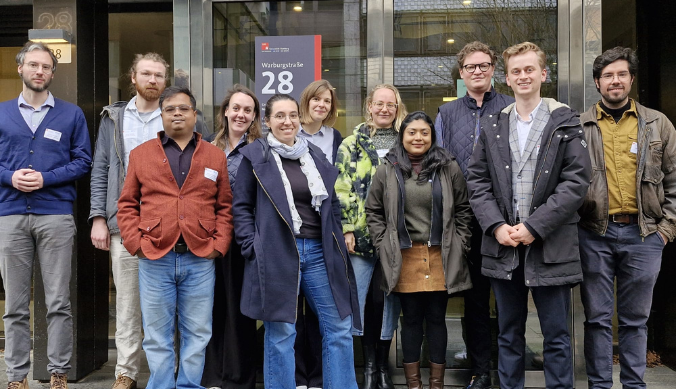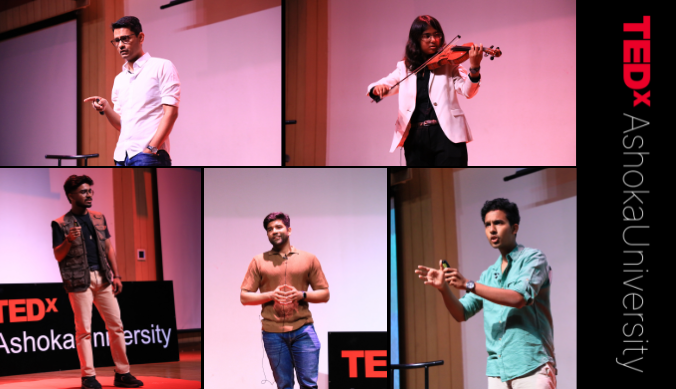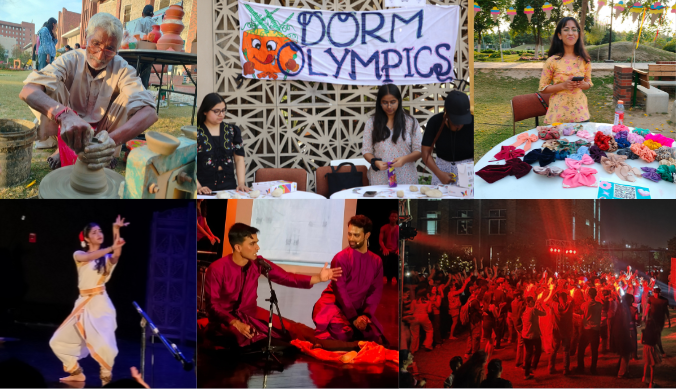Bridging Borders: Advancing Diplomatic Studies at Ashoka University
Prof. Pallavi Raghavan and Prof. Amit Julka highlight an initiative by the International Relations department at Ashoka University to foster scholarly collaboration on global issues through workshops and meetings, bridging gaps between Indian and Western academic institutions and promoting cross-border intellectual exchange.
The International Relations Department at Ashoka University organises a series of meetings aimed at fostering scholarly collaboration and dialogue on pressing global issues. These meetings bring together experts, academics, and students from various institutions to discuss and explore new perspectives in international relations and diplomatic studies, enhancing the academic landscape and promoting cross-border intellectual exchange.
Ashoka LSE Diplomatic Studies Workshop
In September, the Department co-hosted a two-day research workshop for Indian graduate students of International Relations, in partnership with the London School of Economics and Political Science. This pioneering workshop sought to bridge gaps between Indian and Western academic institutions and provide Indian graduate students with exposure to their peers in international universities.
Out of 120 applications, the convenors pre-selected eight outstanding submissions from graduate students in India and abroad. These drafts, comprising research chapters or journal articles, were meticulously reviewed by senior and mid-career academics specialising in South Asian International Relations (IR). The goal was to guide these students toward publishing their work in reputable and highly ranked academic journals. Selected papers feature contributions from students at Jawaharlal Nehru University, Jadavpur University, and King’s College London. Esteemed panelists such as Prof. Carolien Stolte (Leiden University) and Priya Chacko (University of Adelaide), along with Ashoka’s own Profs. Srinath Raghavan and Shivshankar Menon provided critical feedback.
The workshop, organised by Dr. Pallavi Raghavan, Dr. Rohan Mukherjee (LSE), and Dr. Avinash Paliwal (SOAS, University of London), reflects a growing emphasis on diplomatic studies and the analysis of historical case studies. It also benefits from the expertise within Ashoka’s IR department, helping to establish it as a specialized hub for studying India’s IR, international history, and diplomatic studies. Based on the feedback received, there is a vision to transform this workshop into an annual series hosted both within and outside India.
Workshop on New Directions in South Asia’s Historical IR
The Department remains committed to promoting heterodox approaches within the discipline, aiming to de-center Eurocentric and historically myopic perspectives. In May 2024, the IR and History Departments co-hosted a workshop titled ‘New Directions in History and International Relations. This event showcased innovative and interdisciplinary scholarship, focusing on the contributions of non-Western thinkers to conceptualizing alternative international and regional orders.
The keynote address by Prof. Cemil Aydin from the University of North Carolina highlighted 19th and 20th-century Pan-Islamic and Pan-Asian thought as counterweights to colonial and Eurocentric conceptions of the international. Prof. Manjeet Pardesi from the University of British Columbia spoke about envisioning Asia through multiple and overlapping orders rather than a singular Sinocentric lens.
As the discipline and department evolve, Ashoka University aims to play a pivotal role in driving a global conversation about the Global South’s influence on the research agenda of South Asia’s IR. Through these initiatives, the International Relations Department at Ashoka University continues to bridge academic borders, foster critical dialogue, and shape the future of international relations scholarship.
Study at Ashoka















